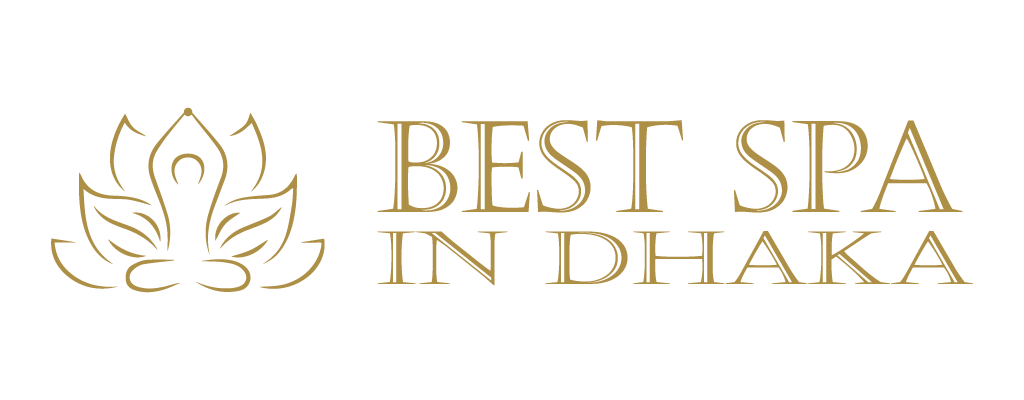
Stress is an unavoidable aspect of modern life, impacting our physical and mental well-being. Among the various methods to manage stress, full-body massage treatments have gained popularity for their holistic approach to relaxation and health. This comprehensive guide explores the role of full-body massage in stress management, the techniques used, and the benefits of oil-body massage therapy.
Understanding Full Body Massage
What is a Full Body Massage?
A full-body massage is a therapeutic procedure that encourages relaxation and overall well-being by working with the body’s tissue layers and muscles. Unlike localized massages that target specific areas, a full-body massage covers all major muscle groups, providing a comprehensive treatment. This type of massage typically lasts between 60 and 90 minutes, allowing sufficient time to address tension throughout the body.
Benefits of Full Body Massage
Full-body massage offers a multitude of benefits, particularly in stress management. Key advantages include:
- Relaxation: The soothing strokes of a full body. A deep level of relaxation brought on by a massage helps lower stress hormone levels and promotes a sense of calm.
- Improved Circulation: By stimulating blood flow, full body massage helps in delivering oxygen and nutrients to tissues and organs, enhancing overall bodily function.
- Reduced Muscle Tension: Chronic stress level often leads to muscle tension and chronic pain. A full body massage can alleviate this tension, providing relief from discomfort.
- Mental Clarity: The relaxation achieved through massage can also result in increased focus and mental clarity, combating the cognitive effects of stress.
Full Body Massage Techniques
Swedish Massage
One of the most popular methods used in full-body massage treatments is Swedish massage. Long, gliding strokes, kneading, and friction techniques are applied to the surface layers of muscles. Swedish massage aims to promote circulation, ease muscle tension, and relax the body.
Deep Tissue Massage
The layers of connective tissue and muscle that are deeper are the focus of deep tissue massage. It targets tense spots and persistent muscle tightness with slower, more powerful strokes. Since it helps relieve deeply held tension, this technique is very helpful for people who have high levels of stress and muscle pain.
Hot Stone Massage
Hot stone massage involves smooth, heated stones placed on specific points of the body. Deep into the muscles, the heat from the stones releases tension and encourages relaxation. This technique is often combined with traditional massage strokes to enhance the overall therapeutic effect.
Aromatherapy Massage
Essential oils are incorporated into aromatherapy massage. These oils were selected because of their unique medicinal qualities. They are thought to increase the advantages of massage, both mentally and physically. Stress management can be greatly aided by aromatherapy massage because of the elevating and relaxing qualities of specific essential oils.
Oil Body Massage Therapy
The Role of Oils in Massage Therapy
Oils play a crucial role in massage therapy, not only by reducing friction between the massage therapist hands and the client’s skin but also by providing additional therapeutic benefits. The choice of oil can significantly influence the effectiveness of the massage, particularly in stress management.
Popular Oils Used in Massage Therapy
- Lavender Oil: Renowned for its ability to induce calmness, lavender oil is often used in massage therapy to promote relaxation and reduce anxiety.
- Eucalyptus Oil: This oil has a refreshing aroma and is used to invigorate the senses, clear the mind, and alleviate stress-related fatigue.
- Peppermint Oil: Because of its calming and cooling qualities, peppermint oil is effective in relieving muscle tension and promoting mental clarity.
- Chamomile Oil: Chamomile is renowned for its relaxing as well anti-inflammatory qualities, which make it a well-liked option for stress-relief massages.
Benefits of Oil Body Massage Therapy
Oil body massage therapy offers a range of benefits that contribute to stress management:
- Enhanced Relaxation: The use of oils in massage therapy can deepen the relaxation experience, helping to reduce stress more effectively.
- Improved Skin Health: Many oils used in massage therapy have moisturizing and nourishing properties, promoting healthier skin.
- Aromatherapy Benefits: The inhalation of essential oils during the massage may directly affect the limbic system, which is the brain’s emotional center regulation, further aiding in stress reduction.
The Science Behind Massage and Stress Relief
How Massage Reduces Stress
Massage therapy can reduce stress by influencing the body’s physiological responses. Key mechanisms include:
- Lowering Cortisol Levels: Cortisol is a hormone associated with stress. It has been shown that massage therapy lowers cortisol levels, thereby decreasing stress.
- Increasing Serotonin and Dopamine: These neurotransmitters are associated with feelings of well-being and happiness. The effects of massage therapy include elevated serotonin and dopamine levels, contributing to a positive mood and reduced stress.
- Promoting Parasympathetic Activity: The parasympathetic nervous system is responsible for the body’s ‘rest and digest’ functions. Massage can activate this system, promoting relaxation and reducing the stress response.
Psychological Benefits of Massage
In addition to its tangible benefits, massage therapy also offers significant psychological advantages:
- Enhanced Mood: The release of natural during a massage can improve attitude and combat feelings of anxiety and depression.
- Improved Sleep Quality: Stress often leads to sleep disturbances. By promoting relaxation, massage therapy can improve sleep quality, allowing for better rest and recovery.
- Reduced Anxiety: Regular massage therapy can help reduce symptoms of Unease, providing a sense of calm and well-being.
Integrating Full Body Massage into a Stress Management Routine
Regular Massage Sessions
To maximize the benefits of full body massage for control of stress, it is essential to incorporate regular sessions into your routine. The regularity of sessions can vary based on individual needs and stress levels. Still, many people find that bi-weekly or monthly massages are effective in maintaining relaxation and reducing stress.
Complementary Stress Management Techniques
While full body massage is a powerful tool for stress management, it is most effective when combined with other stress-relief strategies. These may include:
- Exercise: Regular Exercise can reduce stress and enhance overall health.
- Mindfulness and Meditation: Practices such as awareness meditation can enhance relaxation and lessen stress.
- Healthy Diet: A balanced nutrition can support overall well-being and help manage stress.
Personalizing Your Massage Experience
To achieve the best results, it is important to personalize your massage experience. Talk to each other with your massage therapist about your specific stress points and preferences. This allows the counselor to tailor the massage to your needs, ensuring that you receive the most effective treatment.
Conclusion
Full-body massage treatments play a significant role in stress management by promoting relaxation, improving circulation, and reducing muscle tension. Through various methods such as Swedish, deep tissue, hot stone, and aromatherapy massage, individuals can experience both physical and psychological benefits. The integration of oil body massage therapy further enhances these benefits, providing a comprehensive approach to stress relief. By Including regular massage sessions into your routine and complementing them with other stress management techniques, you can achieve a balanced and relaxed state of well-being.
Embrace the power of full body massage and discover a pathway to a stress-free, healthier life.
